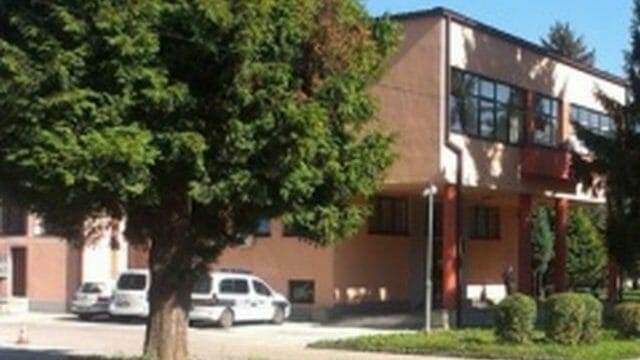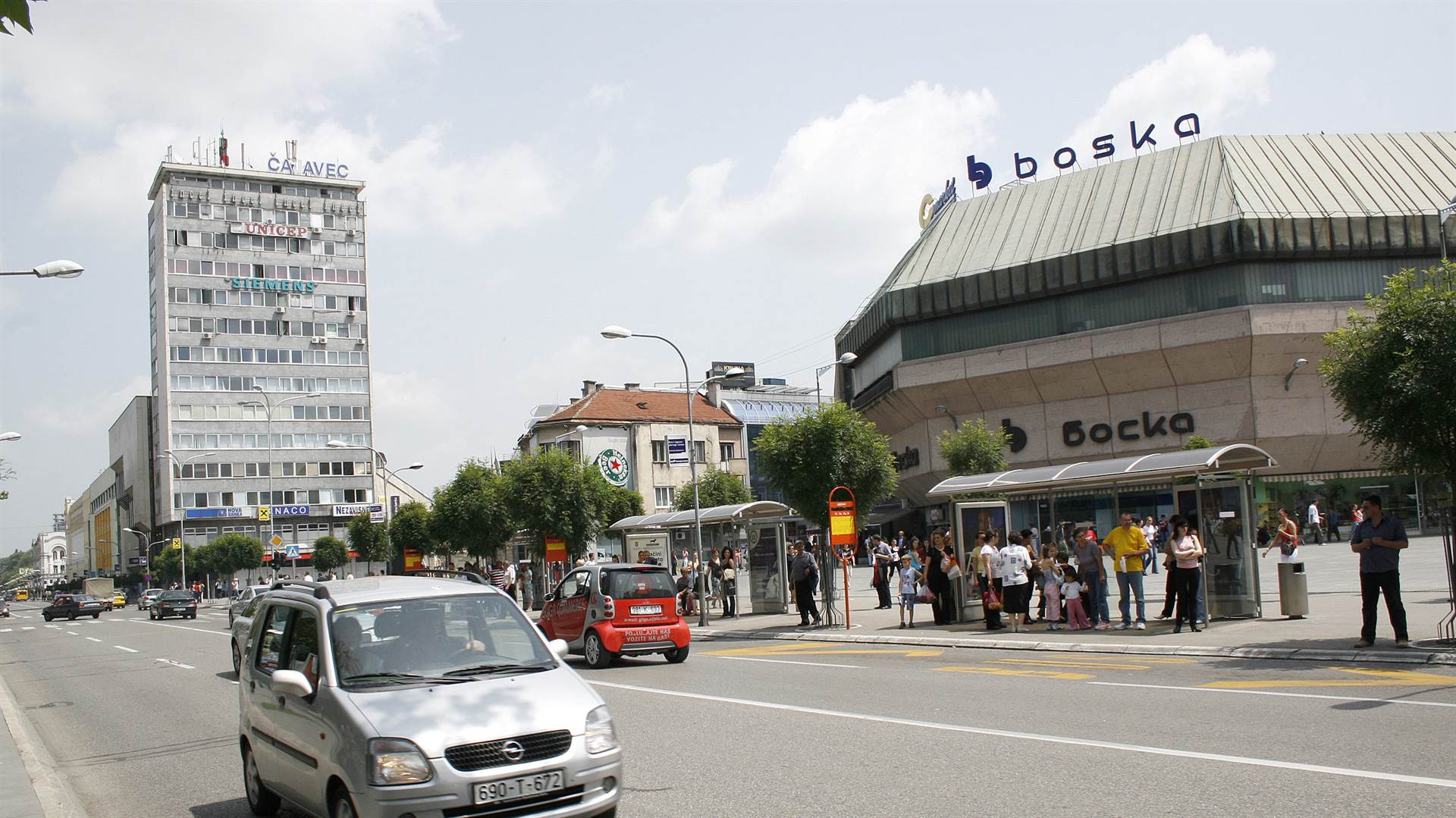This post is also available in: Bosnian
By fostering co-operation of and mutual understanding between civil society organizations, institutions offering support to witnesses, prosecutions and courts, the OSCE Mission wants to speed up the processing of war crimes cases.
The Strategy for Processing of War Crimes stipulates that the most complex cases are to be completed in the period of seven years, while the remaining cases should be completed in 15 years.
“We are slowly approaching the deadlines for each of the two categories of cases, but we are witnesses of the fact that a large number of cases have still not been completed and that they are either in the investigation phase, being handled by prosecutions, or at courts. In our opinion, the role of witnesses represents one of the key reasons for the inefficient processing of war crimes. This refers to lack of readiness or existence of fear among witnesses to participate in processing of these crimes,” said Amra Hamidovic, Legal Advisor at the OSCE Office in Tuzla.
About 214 war-crimes cases, in which 235 persons were sentenced to a total of 2,262 years in prison, were solved in Bosnia and Herzegovina from 2004 to March 2013. The processing of 1,315 cases by judicial institutions in Bosnia and Herzegovina is still pending. Representatives of crime and torture victims associations are not satisfied with the dynamics of processing of war crimes in Bosnia and Herzegovina.
“Considering the fact that they often ask how many of us there are and that this represents the biggest obstacle to adoption of the law, I told them that, if they waited for ten more years, they could count our graves and read our names on tombstones,” said Andjelko Kvesic, President of the Croatian Association of Detainees from the Homeland War in the Central Bosnia Canton.
The Association of Detainees of the Central Bosnia Canton is not satisfied with the implementation of the War-Crimes Processing Strategy in the Central Bosnia Canton either.
“The bodies, which are responsible for processing of war crimes, should have paid more attention to victims’ statement given upon their release from detention camps, instead of focusing on statements taken 20 years after the end of the war,” Association President Redzo Isic says.
Only one prosecutor of the Cantonal Prosecution in Travnik is working on war-crimes cases. A war crimes section is being established at present.
“A vacancy announcement for three prosecutors is open. We are dealing with around 80 war-crimes cases. Some of them were referred to us by the Court of Bosnia and Herzegovina, while others were opened by our competent officers,” Sanja Hodzic, Deputy Chief Cantonal Prosecutor of the Central Bosnia Canton and War-Crime Prosecutor, said, pointing out that reaching witnesses represented a problem.


